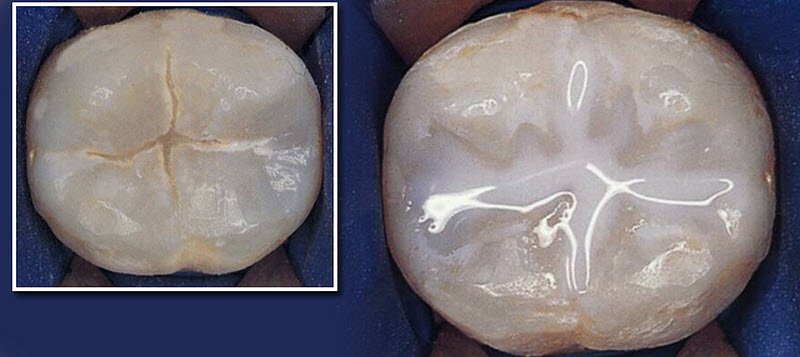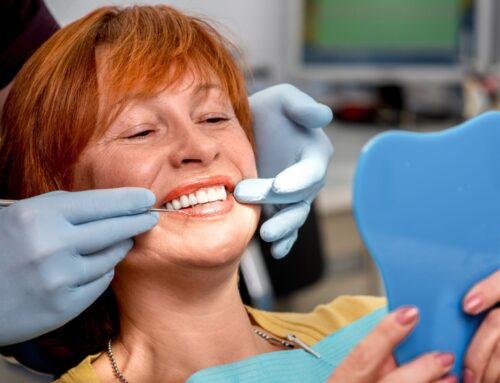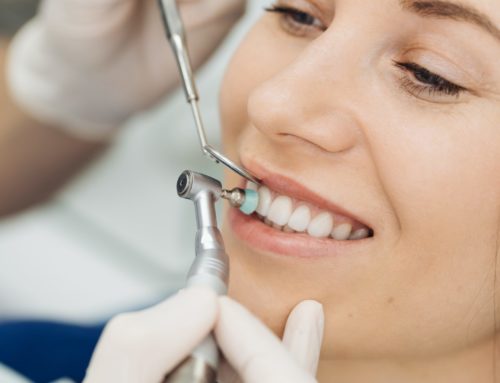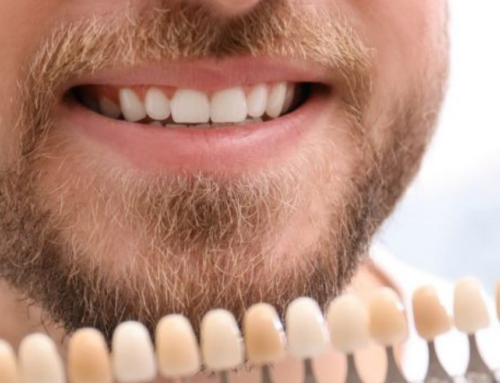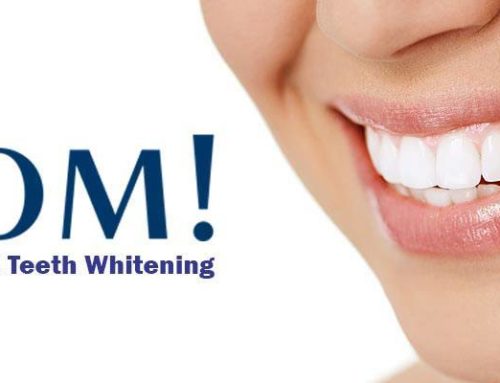How Do Dental Sealants Protect & Prevent Tooth Decay?
There are many preventive measures that you can take as part of your regular oral care routines in order to help stave off the effects of cavities and tooth decay. Brushing, flossing, and oral rinses are just a few of the most common and popular ways to ensure your mouth stays clean and healthy in between dental checkups, but there are many more things that can be done to aid in your oral care as well.
One of the most effective ways to help protect your teeth from cavities and tooth decay is with the application of a dental sealant. Many dentists recommend dental sealants to their patients, as they provide an added layer of protection to help ensure that your teeth stay as healthy and strong as possible throughout your life. However, many patients are not familiar with exactly what dental sealants are, or how they work to protect your teeth.
In this article, we’ve gathered together the details you need to know about dental sealants, including how they work, what materials are used, and the different reasons that your dentist may recommend them as a way to supplement your other oral care habits and dental checkups. We will also discuss the various benefits that dental sealants provide, and how to find out if they are the right choice for you.
What Are Dental Sealants?
A dental sealant is a thin layer of plastic resin material that is applied to the visible surfaces of enamel on your teeth. This resin coats the tooth and fills in the tiny crevices and grooves in the surface of the tooth, making the surface much smoother than it was. The resin bonds to the tooth and is hardened using a special light to instantly cure and harden the material which produces the protective barrier on the surface of the tooth.
How Do Dental Sealants Work?
Dental sealants work by providing a protective barrier between the enamel of your teeth and the environment in your mouth. This environment contains acids and bacteria from your saliva, food and drink, that are responsible for the development of plaque, cavities and tooth decay in your mouth.
The plastic resin of the sealant prevents the acids from coming in to contact with your tooth enamel and prevents bacteria from accumulating in the grooves and crevices in your teeth. This results in a stronger tooth that is more resistant to the harmful effects that are the cause of many oral health issues.
Dental sealants are generally only added to the back molars, where they will provide the maximum longevity and the most benefits for the patient. In almost all cases, sealants will be recommended only to seal permanent teeth, and not any baby teeth that may still be present in the mouths of younger patients. Nevertheless, there are some instances where a sealant may be applied to baby teeth, but these situations are quite rare.
In any case, your dentist will only recommend a dental sealant to you if there are no competing concerns about having a sealant applied to your teeth. You can be sure that if your dentist suggests having a sealant applied, there is a lot for you to gain from it.
Benefits of Dental Sealants
Because the dental sealant protects the enamel from being attacked by acidic foods and drinks, your teeth are far more resistant to developing cavities and tooth decay. This ensures that your teeth stay stronger and healthier for a longer period of time.
In addition, since dental sealants fill in the spots where bacteria and plaque could normally build up on your teeth, they also make your teeth less likely to develop tartar. Tartar is the hard, crusty deposit that forms on your teeth as a result of plaque build-up that gradually hardens and combines with other minerals and compounds in the saliva of your mouth. Tartar will discolour your teeth, and since it is so tough and hard it can only be removed by a dentist. Having the added protection of a dental sealant can make a big difference in the frequency and severity of tartar on your teeth.
Dental sealants provide long-lasting protection for your teeth, with modern sealants lasting for up to 5 years or more. In fact, there are many cases where adults are shown to still have sealants intact and protecting their teeth even after having them applied many years ago during their childhood.
Because of these benefits and the longevity of the results, dental sealants also provide patients with peace of mind that they’ve made a good choice in the care of their teeth.
Should I Get a Dental Sealant?
In the vast majority of cases where a dental sealant is applied, it is done when the patient is young, and their permanent molars have come in. The main reason for having a dental sealant applied is to provide maximum protection against decay, so it simply makes sense to have them applied when the permanent teeth are at their newest and strongest state.
Young patients are not the only ones who are candidates for dental sealants. Many adults have sealants applied to achieve the same goal. Since adult teeth become worn and pitted over years of use, there are even more crevices and indentations that a sealant can fill, effectively providing protection against further decay.
How to Get a Dental Sealant
The first step in getting a dental sealant is to have a consultation with your dentist. They will perform a thorough examination of your mouth and teeth and review the records of your dental history before they are able to make the most appropriate recommendation for you.
If your dentist feels that a dental sealant is the right choice for you, they will arrange for the procedure to be done, which is quite simple and painless. It begins with a process that is very similar to a normal tooth cleaning, but there are some special tools and materials used to prepare the tooth for the sealant.
This cleaning process is followed by rinsing the tooth with an acidic compound that helps the surface of the tooth form a stronger and more consistent bond with the resin compound of the sealant once it is applied.
Next, the liquid resin will be applied, coating all the visible surfaces of the tooth in order to fill in and smooth over any irregularities, cracks, or grooves. A special light is then used to cure and harden the resin. Some other types of dental sealants are made from two different compounds that cure without light after they are mixed and applied to the tooth.
Keeping Your Smile in Style with Dental Sealants
If you are thinking that a dental sealant seems like a good idea, you’re right! The benefits are clear, and the simplicity of having a dental sealant applied means that you can start to realize those benefits quickly and easily. When it comes to preventing cavities, tooth decay, plaque build-up, and tartar, a dental sealant can be a very helpful part of your overall oral care.
If you would like to have a dental sealant applied, start the process today by contacting our team here at Georgian Dental’s Barrie or Orillia dental clinics.
Appointment Request
If you’re interested in any of our procedures, and would like to meet with one of our dentists to discuss options, costs and get additional information, complete this short form and we’ll give you a call to arrange for a no-obligation appointment at our Barrie clinic.
